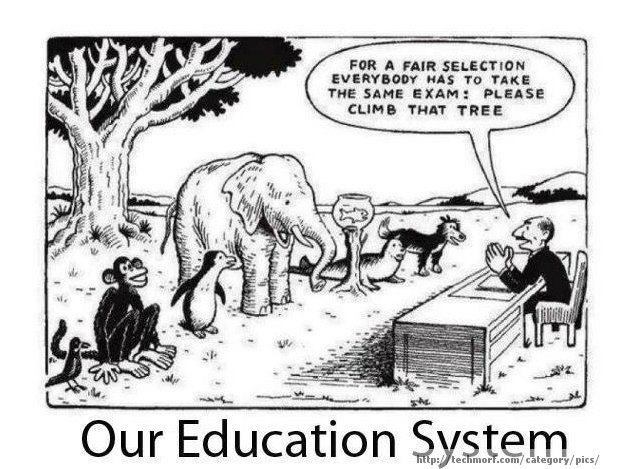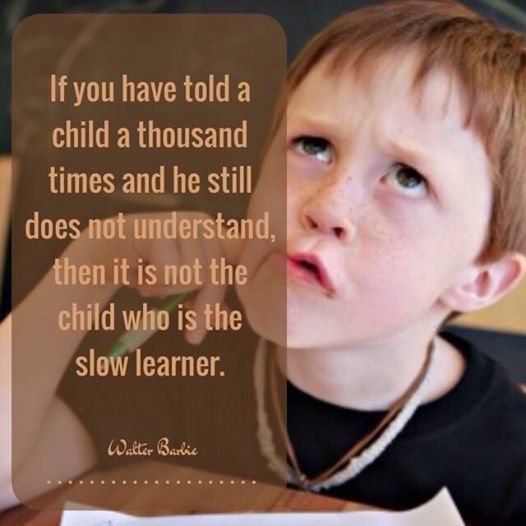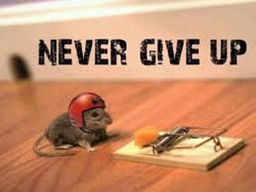Sample Data-Articles
Content currently unavailable
please contact.
Angi directly at 0272802953 or This email address is being protected from spambots. You need JavaScript enabled to view it.
Welcome to Admin Login
Dyslexia is surprisingly common and affects around one in ten children. However for such a common problem some people have misconceptions about those withdyslexia and dyslexic children do not always get the help they need.
A child might be highly intelligent, and yet struggle to read and write. He finds reading a challenge, even when the text should not be that difficult. As a result, he might misbehave and become disruptive in class in an attempt to disguise his difficulties from his peers. Classed as being lazy and a bad influence, he begins to suffer from self-confidence issues. He decides not to push himself to achieve academically and rebels against doing schoolwork despite being capable.
Girls are often more diligent and keep pushing themselves until they come home after school with sore eyes and headaches. They work twice as hard as everyone else but only making half the progress.

Do you recognize this child? Then you are not alone and we have a solution.
We know that children such as these are not lazy, disruptive or unintelligent - they might be dyslexic.
Typical problem areas include:( see the 37 characteristics of dyslexia in the 'Understanding Dyslexia' tab for more detailed information)
- difficulties recognizing letter shapes, sounds associated with letters or letters transpose themselves ( for example 'b' becomes 'd', 'M' becomes 'W')
- the text appears to move on the page, goes 'fuzzy' or 'runs' down the page
- struggling to focus on two tasks at once (for example listening and writing at the same time) or following more than one instruction
- great oral skills but struggles to write down ideas / stories
- difficulties organizing thoughts or ideas and lacking understanding sequence and time (for example days of the week)
- had a number of different interventions but is still struggling
- struggling with memorizing spelling words, basic facts in math, times tables
- daydreams and looses focus easily, forgets instructions easily
- very 'hands on', learns through experience, good at sports, art, building or creative computer games
Some, or all of these elements may be combined to create a child's individual characteristics which shows the complexity of the condition. Dyslexia is not black-and-white, but rather all shades of grey in between and ranges from mild to medium or severe.

Because the Davis (TM) Programmes work with the strengths of the individual - rather than their weaknesses - learning becomes easy and most importantly it makes sense to the dyslexic child so there is true learning.
One consequence of dyslexia is the sense of frustration the child experiences, they see their classmates making progress while they are not. Despite being intelligent they fall behind, feel humiliated and recognizing their own short-comings judge themselves harshly. This downward spiral can lead to a negative mindset and therefore underachievement is inevitable. Remember that dyslexia is a syndrome with a spectrum of severity, so there is an almost infinite variation of possibilities on how it can affect your child. The key to successful intervention is understanding your child's specific weaknesses ( what they need help with), their strengths and the nature of the task involved ( reading, writing, focus, math, balance, social skills...). For that reason the Davis (TM) Dyslexia Programmes are tailored to suit each child's individual needs - which is what makes it so successful.

Your child is an individual - we offer programmes tailored to those individual needs.
It is important to help your child understand more about the nature of dyslexia; it is not their fault and they are not stupid. We also don't 'fix' them because they are not 'broken'. We offer tools and strategies to help the dyslexic succeed in the mainstream learning environment. This will help your child raise their self-awareness and enables them to think through the problem, thus avoiding frustration and feelings of failure. Dyslexic individuals are fully functioning people who can be highly intelligent and wildly successful. That is why, especially withchildren, it is important to focus on their strength as well as their weaknesses.Dyslexia can be a very frustrating problem to struggle with , and negative thinking and lack of support will only reinforce those frustrations.
Here are a few of the common strengths that are often observe d in dyslexicindividuals:
d in dyslexicindividuals:
 d in dyslexicindividuals:
d in dyslexicindividuals:- hands-on ability: flourish with remembering and working with known and experienced processes
- creative thinking: great outside the box thinkers and creative problem solvers
- Vivid imagination
- artistic ability: can be drawing, creating things with lego, musical, inventing new things...
- curiosity: very inquisitive mind and often asking the hard questions
If we can take the stress of learning and not achieving away your child's true abilities will begin to shine. Call me today to make a time for a free, no obligation consultation.



